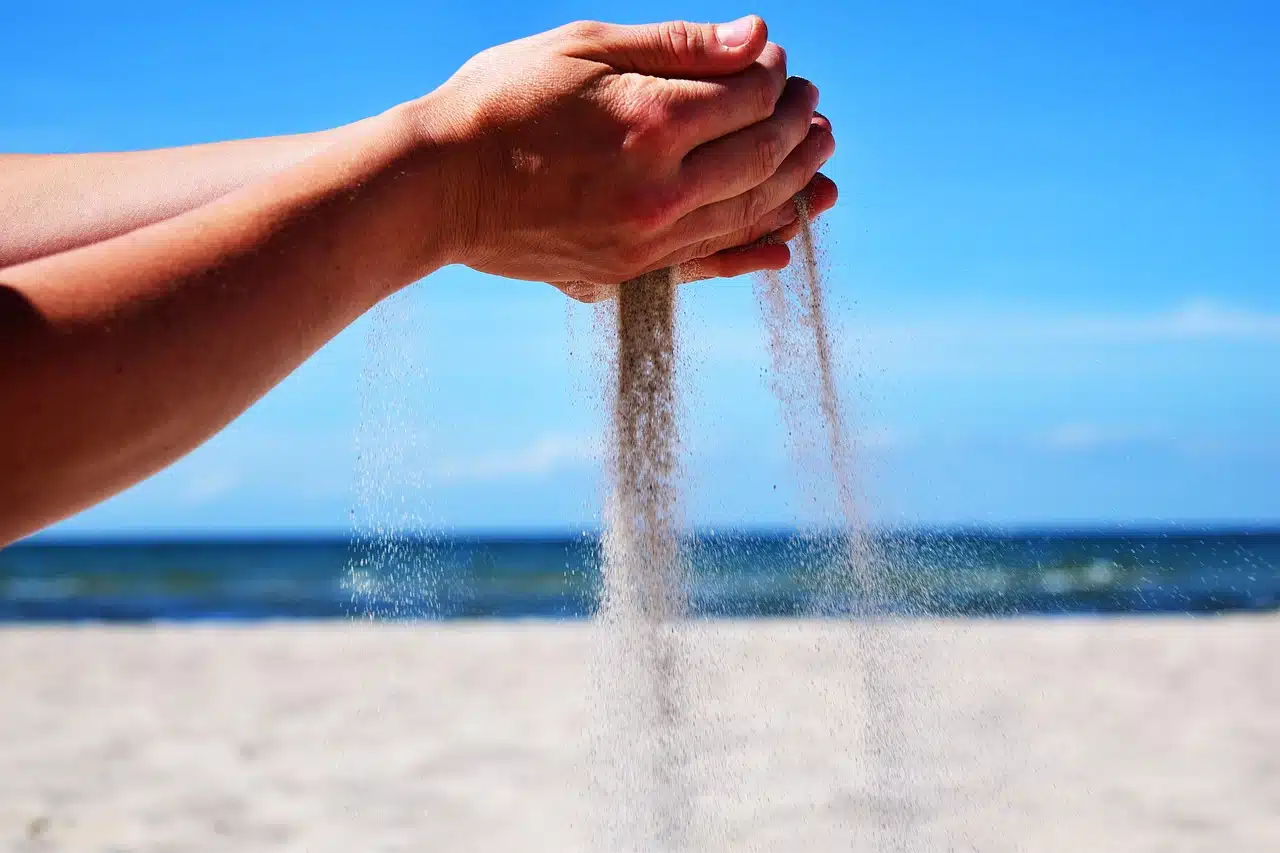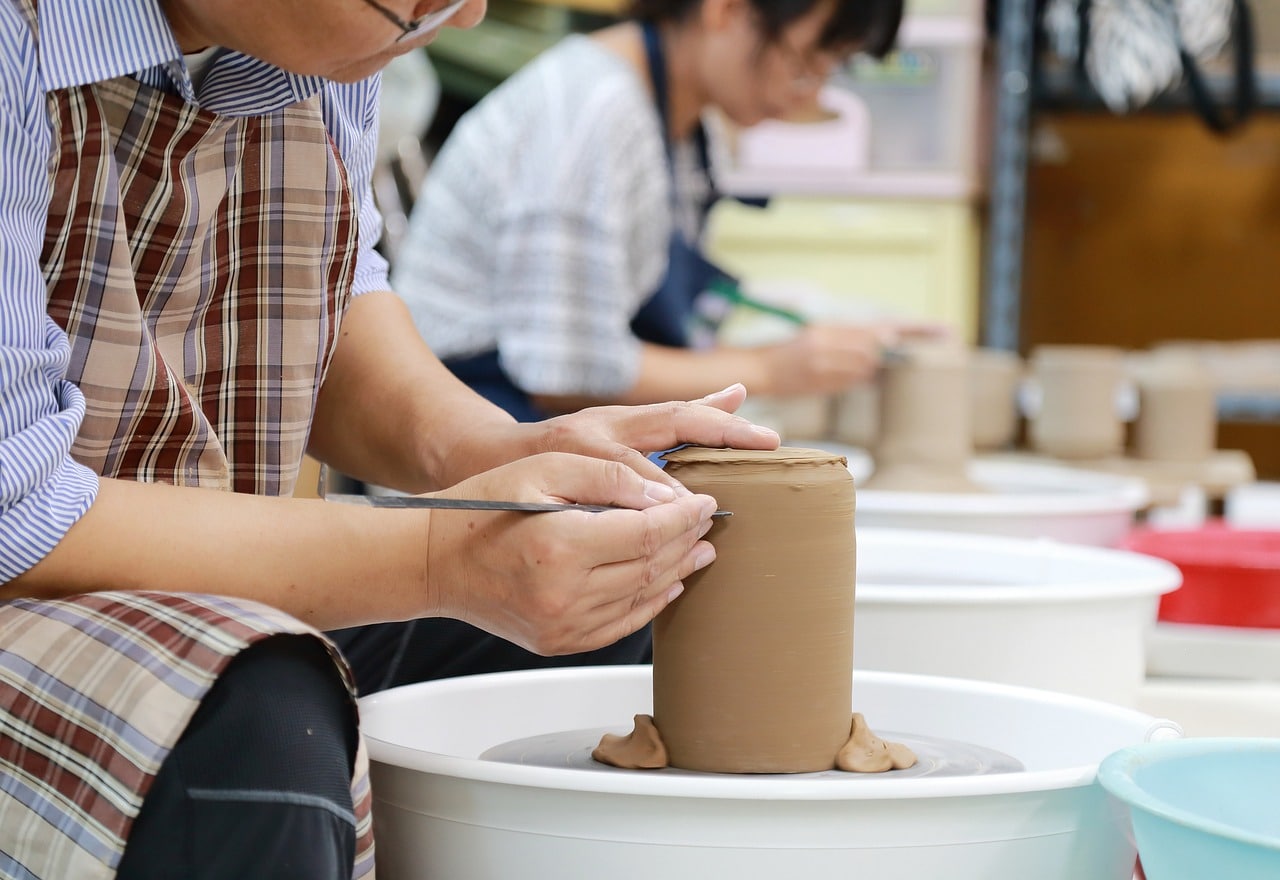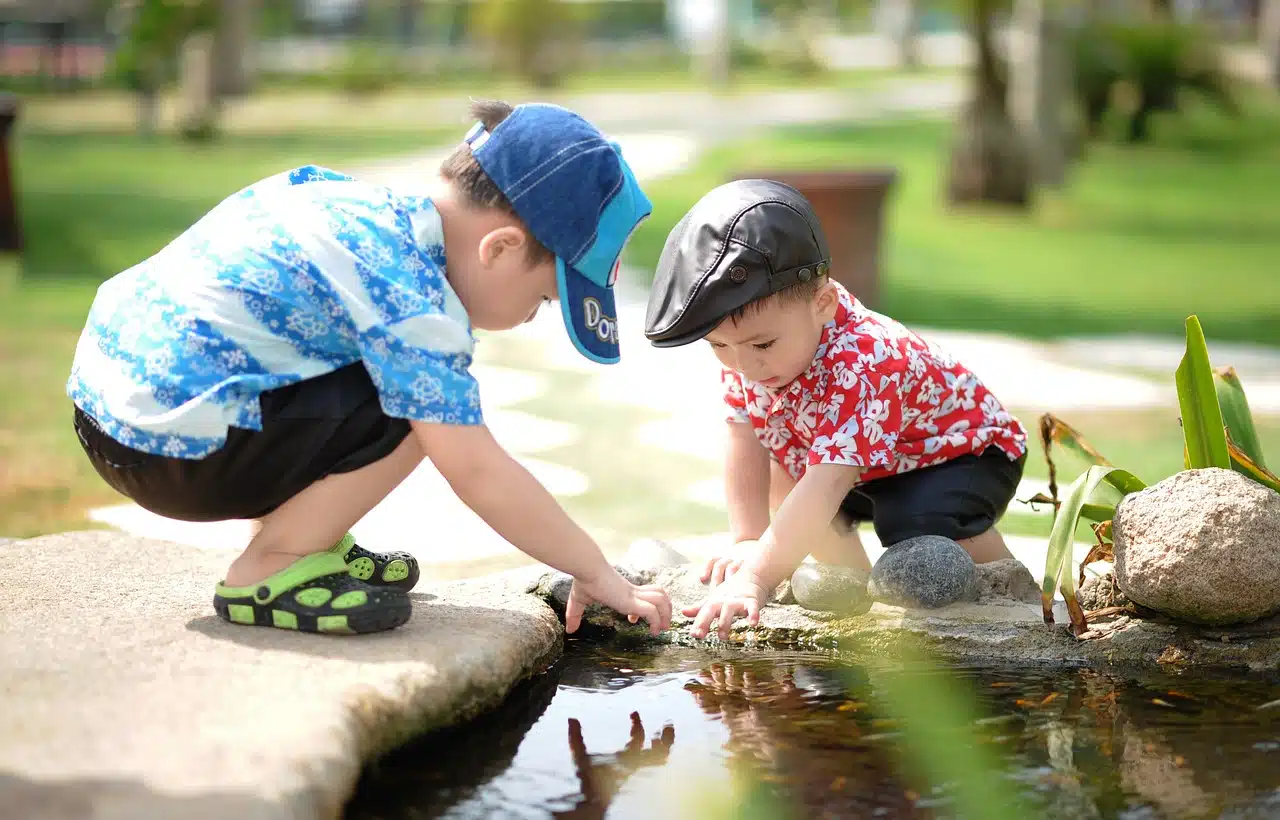
Practice and experimentation are the foundations of empirical knowledge.
Empirical knowledge is non-scientific knowledge that arises based on experiences and observation of a specific issue. It is obtained, therefore, by interacting with various kinds of beings and by appreciating various phenomena or elements. It does not arise, unlike other data that is assimilated over time, from an assumption or logical deduction .
The senses are key to accumulating empirical knowledge , since sight, hearing, smell, touch and taste provide very valuable data in relation to the features that identify something in particular. For example: you can perceive the texture of grass, the temperature of water, the aroma of a flower, the flavor of a fruit, etc. All this information that accumulates over the years through experimentation , research , curiosity and personal discoveries nourishes empirical knowledge .
Due to the characteristics that define it, this variety of knowledge does not start from an initial data that can be read in a manual or can be transmitted in the exercise of teaching. You just have to do something to achieve it.
To describe a situation that serves as a reference: until you get close to a beach, you don't know what the sand or the sea are like, specifically. You have to go live and direct, step on and touch that type of soil, observe every detail of that landscape, take into account the tides and examine variables at a certain time and place in order to find out firsthand the properties of the water and of the sand In that sense, some will visit beaches with swollen seas, finding mostly humid territory, others will say that the sand is white and the water is transparent and they will be right, just as others will claim to have seen sand and sea with brownish shades and they will also be right. There is, therefore, no single truth because experiences are unique and interpretations are subjective.
Obtaining empirical knowledge
Obtaining empirical knowledge finds as allies experimentation , repetition and observation .
Following the steps of the scientific method it is possible to add empirical material. It should be noted that, as it emanates from personal experiences, it is complex to make a measurement regarding the interpretation of what has been perceived. Therefore, there is no truth backed by science but subjectivity in the conclusions. Proof of this is that the same episode, phenomenon or object can generate different experiences or reactions within a human group.
Nor is it possible in all cases to quantify and specify the verification of what has been incorporated as knowledge. Furthermore, it must be taken into account that no empirical method has been standardized that is capable of evaluating each experience.
Another point to consider is that, within empirical knowledge , each conclusion is particular because in individual experience some health condition may come into play, for example, that makes a significant difference in relation to the experiences of others who do not suffer from the eventual problem.
The art of crafts and trades that involve manual skills or traditional practices constitute collective knowledge that supports the identity of multiple communities or peoples.

Craftsmanship is a collective heritage of many peoples that goes hand in hand with empirical knowledge.
Acquisition of empirical knowledge
The acquisition of empirical knowledge is a dynamic process that leaves learning throughout the life of a human being. It includes both experiential learning and experiential learning , requires the implementation of the trial and error technique in order to arrive at an efficient problem solution and is enhanced when creativity and innovation are put at the service of this type of knowledge.
Practice is essential for skill development. Even if someone has a gift, they need to exercise it, put it to the test and improve it continuously and without a time limit if they want to strengthen and perfect it.
As happens even in any field, regardless of the field, activity or method addressed, training and education can never be lacking. Although empirical knowledge requires explorations , investigations and even spontaneous experiments , one must educate oneself, understanding education as an unavoidable complement to be able to reach a conclusion or understand a result.

From an early age we know the world through experimentation.
Practical applications of empirical knowledge
Empirical knowledge has numerous practical applications. In ancient times, for example, many people had learned, based on experience , to interpret signs or characteristics of the sky, thus being able to predict when there would be good weather or, on the contrary, they would have a rainy day. Beyond not being supported by scientific rigor, the natural and home remedies that have been transmitted from generation to generation for the relief or solution of different health problems are also the work of empirical knowledge .
The most experienced seamen, meanwhile, already know where and when there is the best chance of having a successful day of fishing, while in the business world there are seasoned visionaries who, without the need to carry out market studies or collect statistics, they know very well – and are right – when it comes to determining when to launch a product or sustain it until the maximum level of expected sales is reached.
